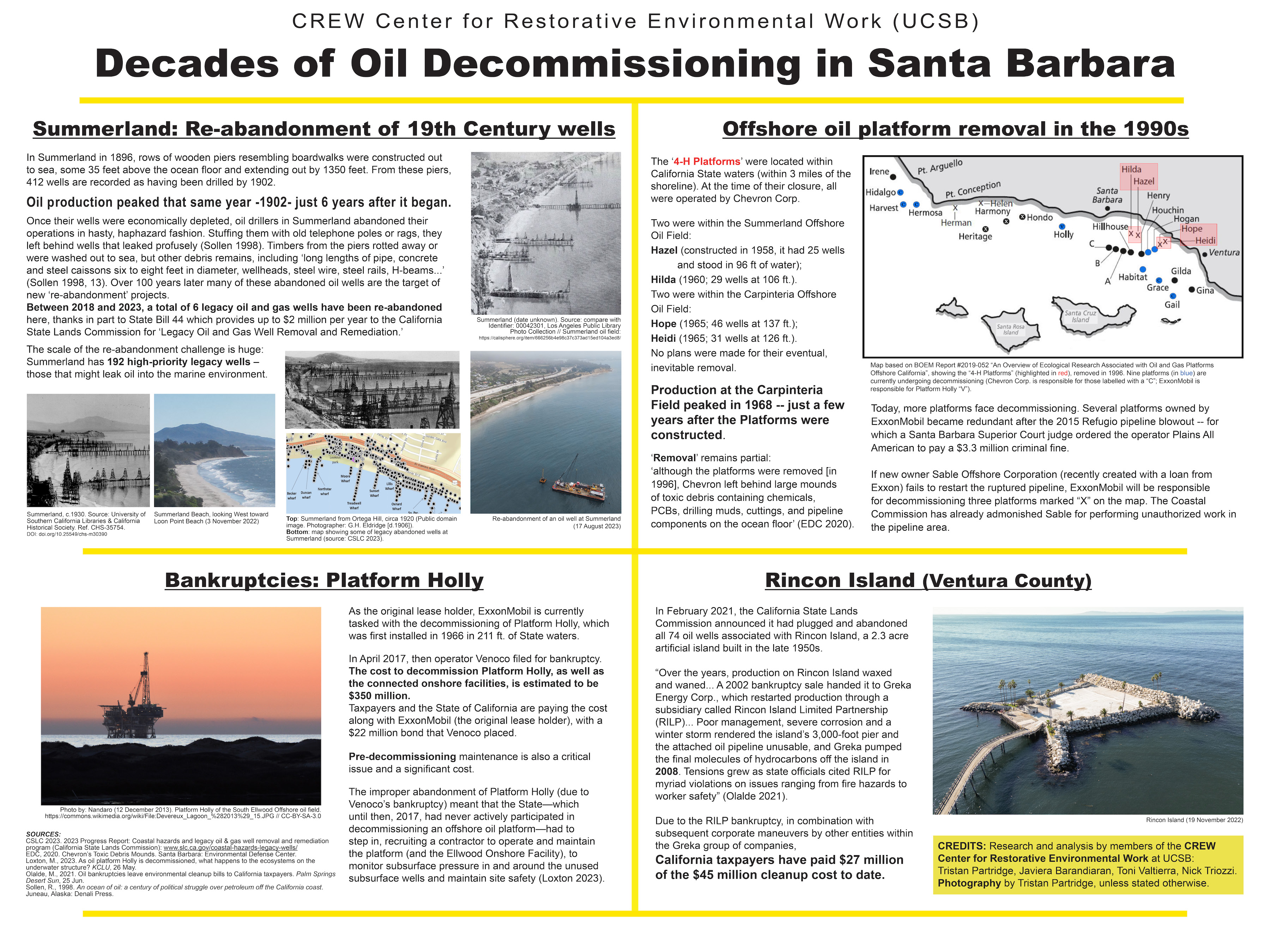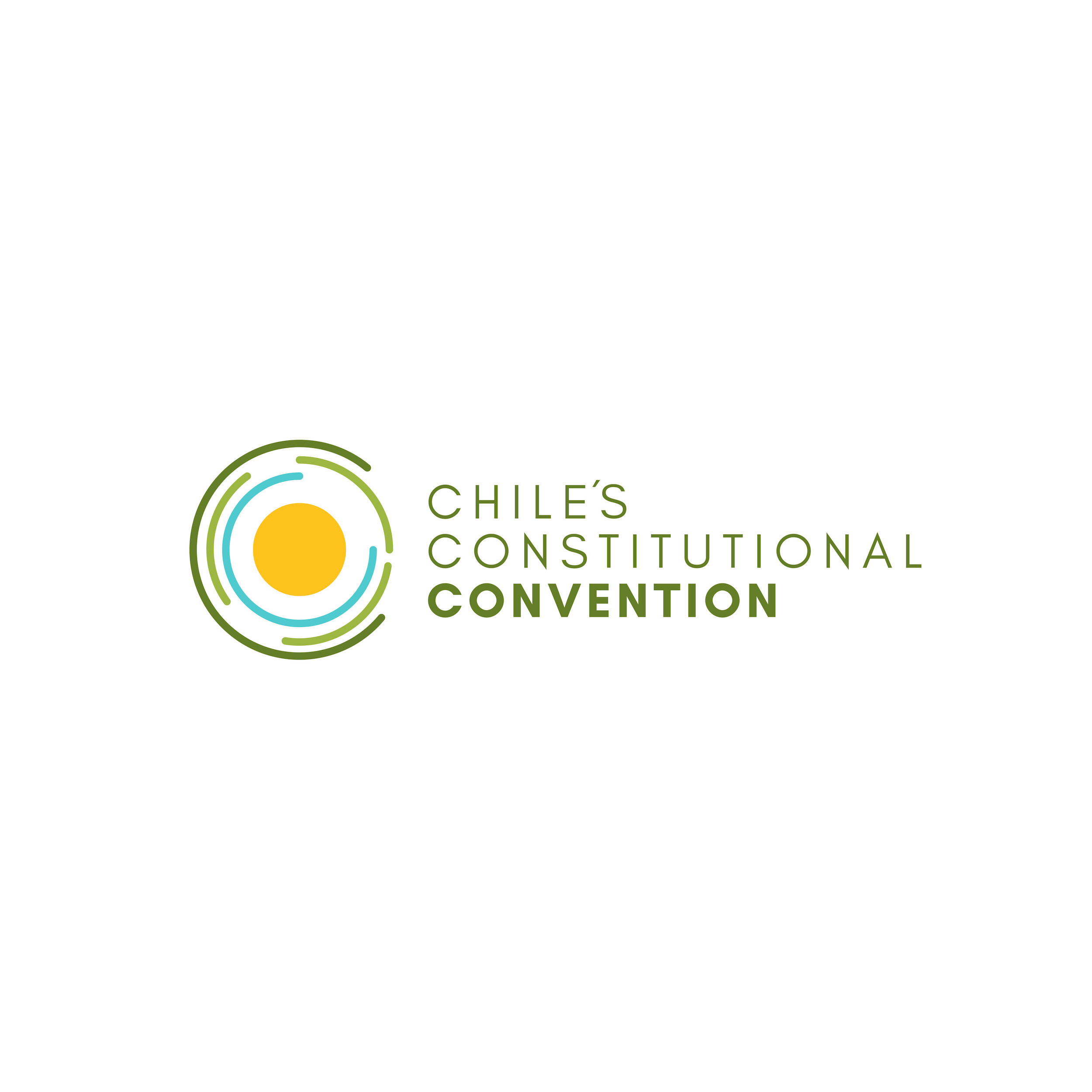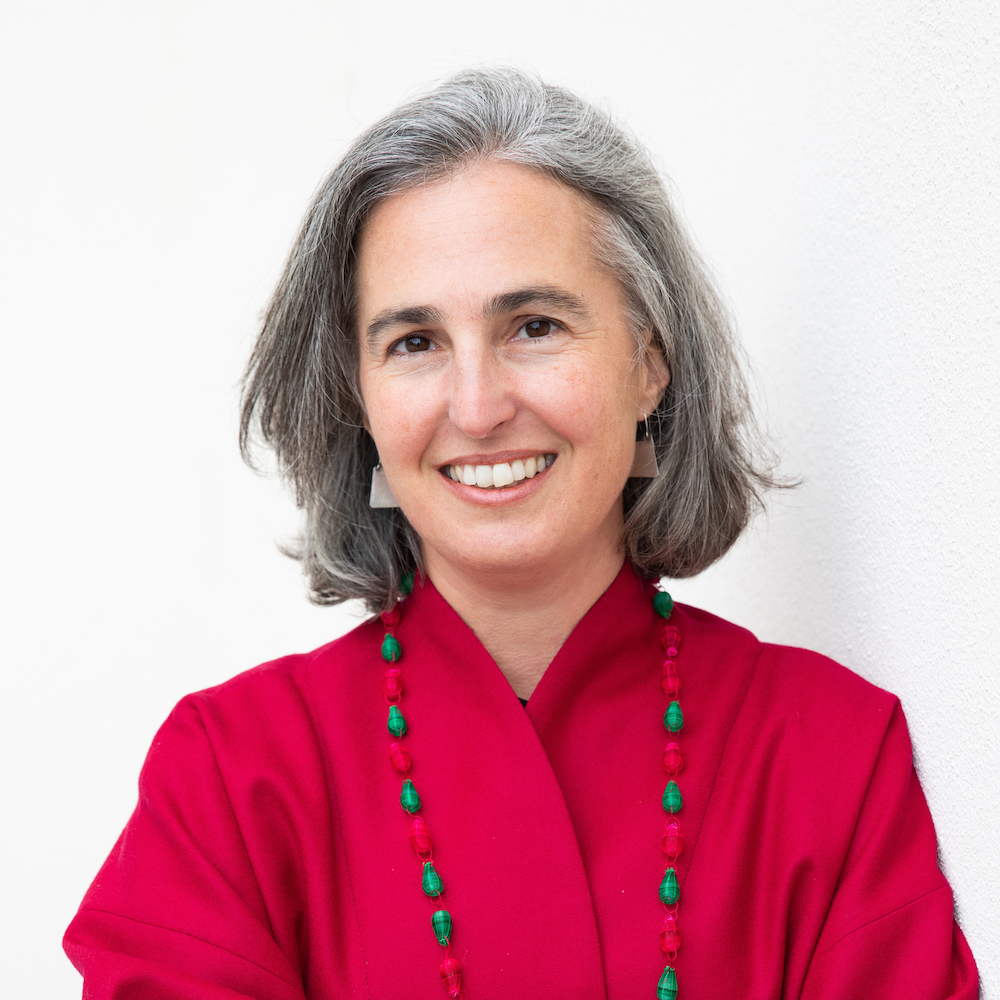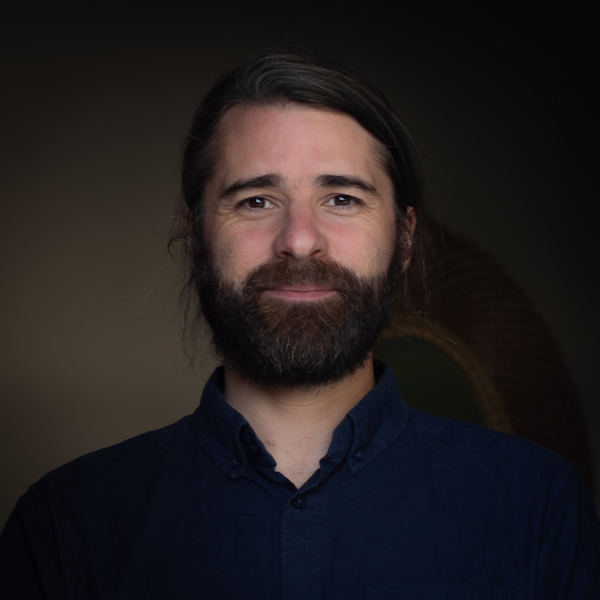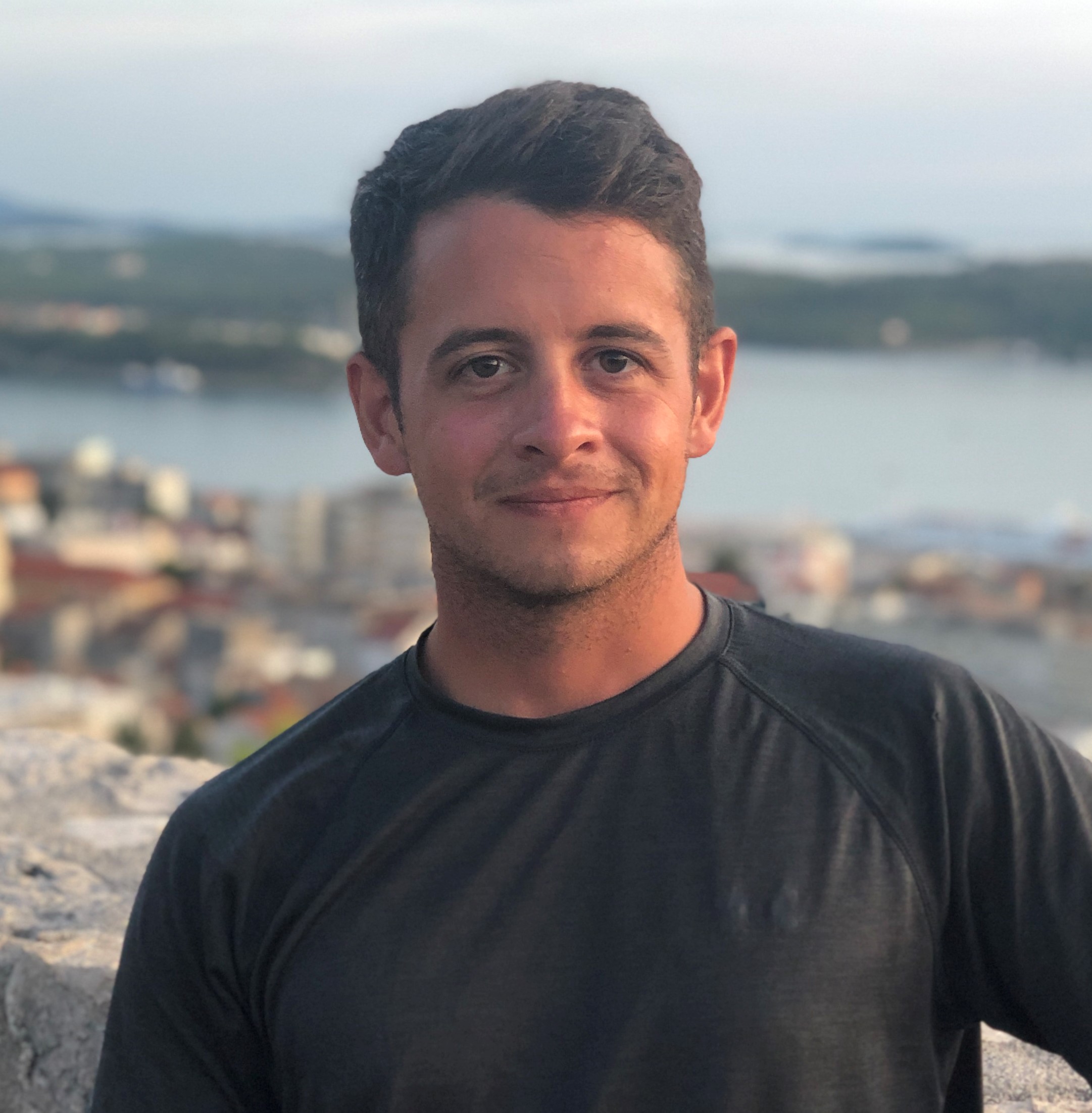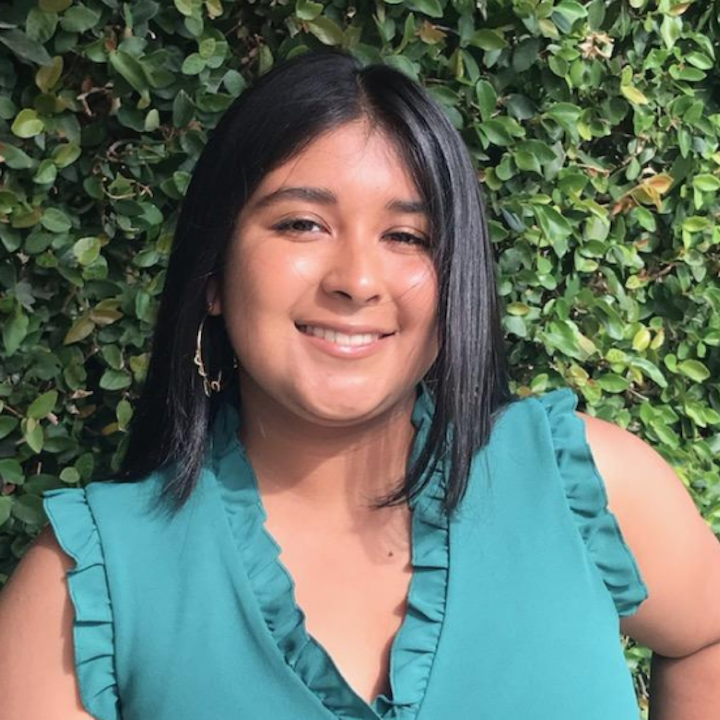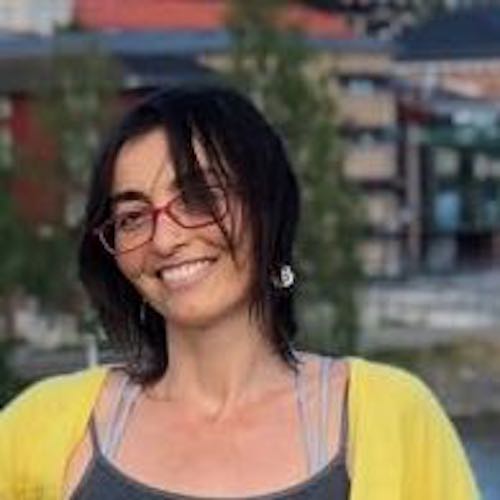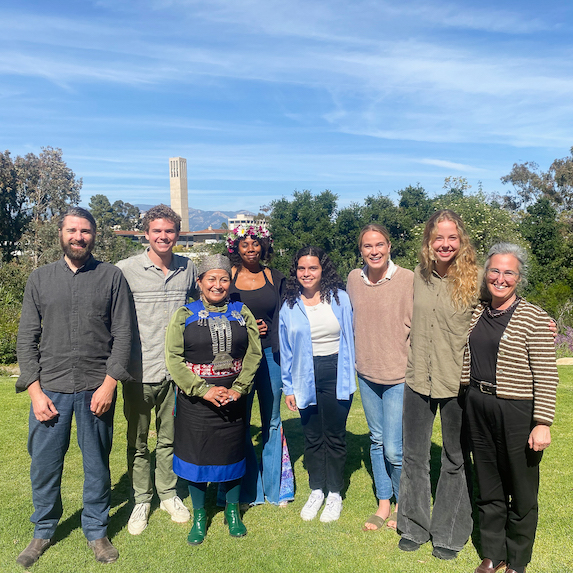CREW examines emergent frameworks and strategies for achieving environmental justice.
Connecting critical perspectives on environmental change, knowledge, and political power, we focus on diverse forms of ‘restorative environmental work’ — collective efforts to rebuild relations of respect and reciprocity between people, places, ecosystems, and all living beings.
CREW is a hub for research on core themes including:
rights of nature
multispecies justice
post-extractivism
transitions thinking
decommissioning practices
Our geographic focus extends through active connections in California and Latin America to the broader Pacific Rim. Across the region, restorative environmental initiatives both challenge and expand our understanding of critical global issues, including post-carbon futures; climate justice; resource frontiers; and neo/colonialism.
** The CREW Communcations email list is open to everyone at UC Santa Barbara. It is a platform for scholars, students, and practitioners engaging with environmental and climate justice and commitments to restorative environmental work. To join, click this link and log in with your UCSB NetID to complete the sign up process.
** connect with CREW on INSTAGRAM here **
Above: oil well decommissioning work on Haskell's Beach in Goleta, California (completed in 2023 after this photo was taken). Image by Tristan Partridge.
Below: Solar panels in the Atacama Desert in Chile. Photograph (c) Jamey Stillings.
Below: Coal plants at the Ventanas site in Chile. Photograph (c) Alamy.
In November 2024 -- drawing on our article “The long mid-transition: Tracking decades of coastal oil well decommissioning in California" -- we shared the following poster on local oil decommissioning process at a Santa Barbara Public Library community arts event (click to enlarge):
Burdick Global Scholars Program 2023
CREW is leading the 2023 UCSB Burdick Global Scholars Program.
The Burdick Global Scholars Program supports undergraduate students who want to participate in research abroad. In 2023 the program will take a group of 6 students for 3 weeks to Santiago, Chile, led by Professors Javiera Barandiaran (Global Studies, UCSB), Tristan Partridge (Global Studies, UCSB) and Maite Salazar (Environmental Studies, Universidad Católica de Chile), to conduct research in rural communities grappling with the impacts of climate change near the capital, Santiago.
These impacts include prolonged drought, glacier loss, and rising temperatures. In 2022, Chilean voters rejected a new constitution that would have introduced substantial changes to environmental law and policy. This project asks, what if anything remains of the forward-thinking spirit of the new constitution in these rural communities? How are residents confronting industrial projects and changing economic opportunities in light of climate change and failed constitutional reform? What alliances exist between these rural communities and outsiders, including environmental scientists, activists, and government officials, and how do these shape responses to climate change-induced challenges?
CREW Team Members
Our team continues to grow. Read more about those involved here:
Javiera Barandiaran
Director and co-founder of CREW, Javiera Barandiaran is Associate Professor in the Department of Global Studies at UCSB. Javiera's work explores the intersection of science, environment, and development in Latin America.
Tristan Partridge
Academic Coordinator and co-founder of CREW, Tristan Partridge is a Lecturer in the Department of Global Studies and the Blum Center on Poverty, Inequality, and Democracy at UCSB. Tristan's work examines issues of energy, inequality, and Indigenous struggles for justice, including collective efforts to defend the high-altitude páramo wetlands in Ecuador.
Nick Triozzi
GIS and Mapping Specialist at CREW, Nick Triozzi is a PhD Candidate in the Department of Anthropology at UCSB.
Projects
Some of the focal points for research in CREW:
